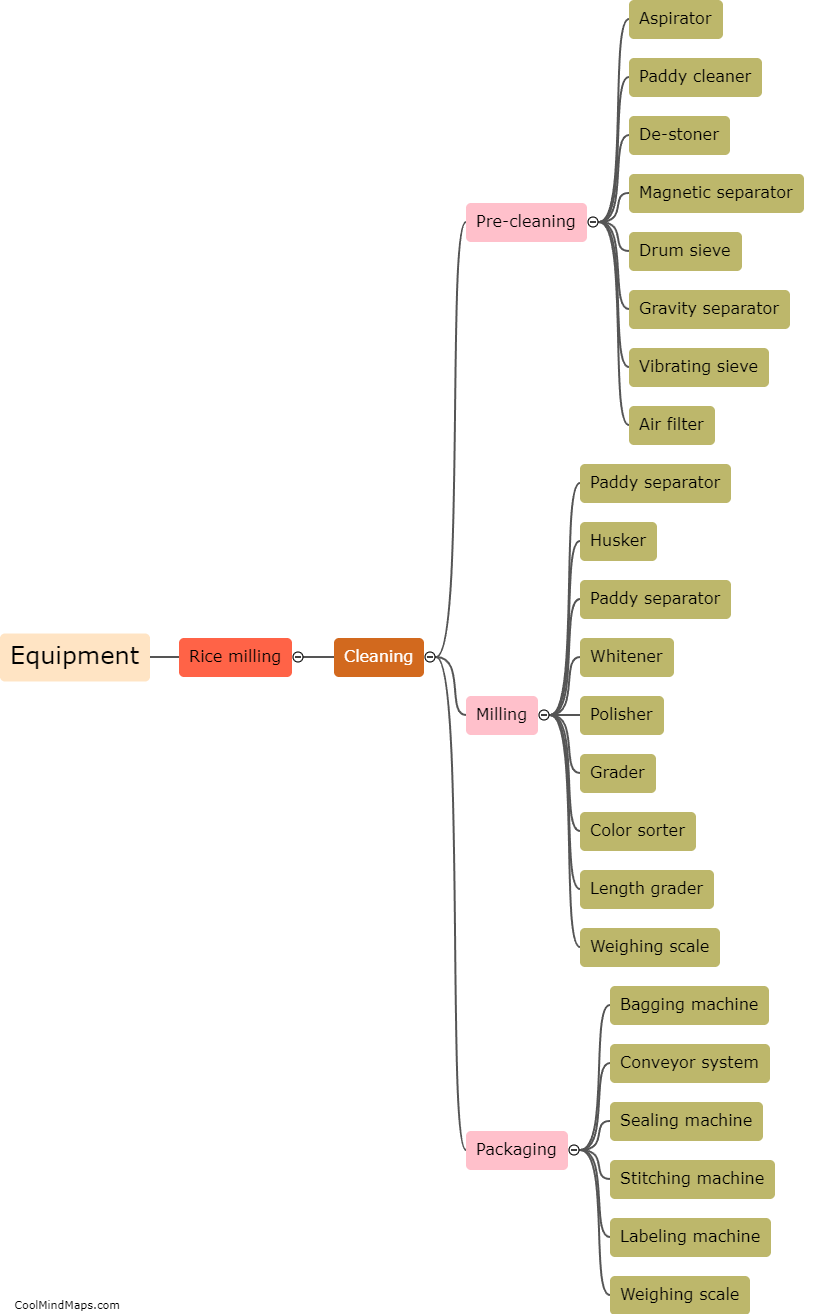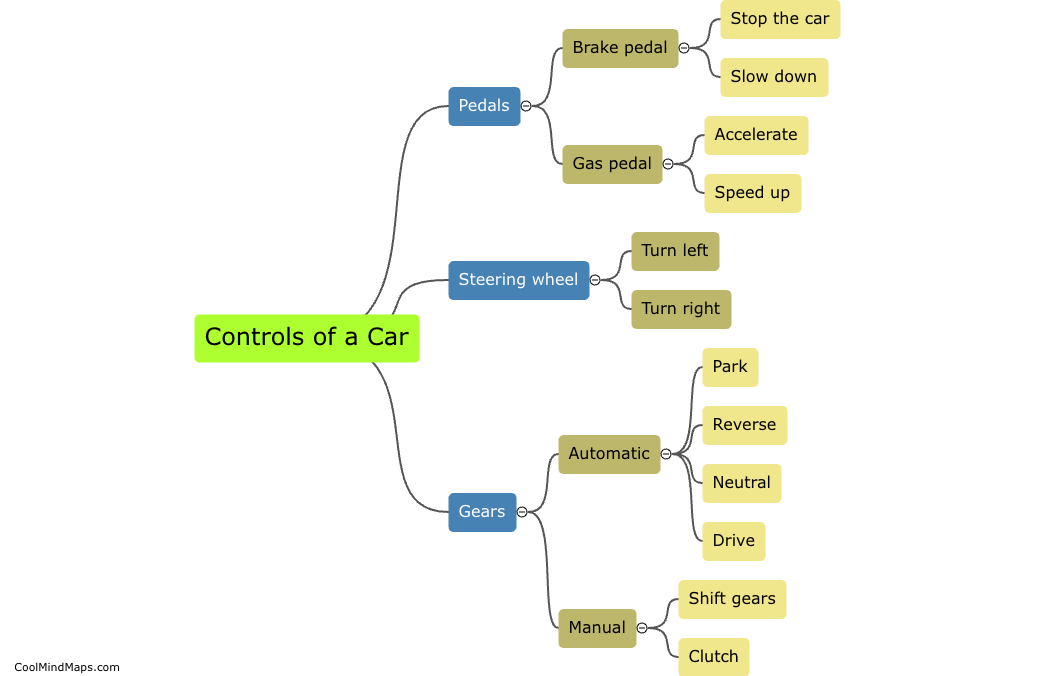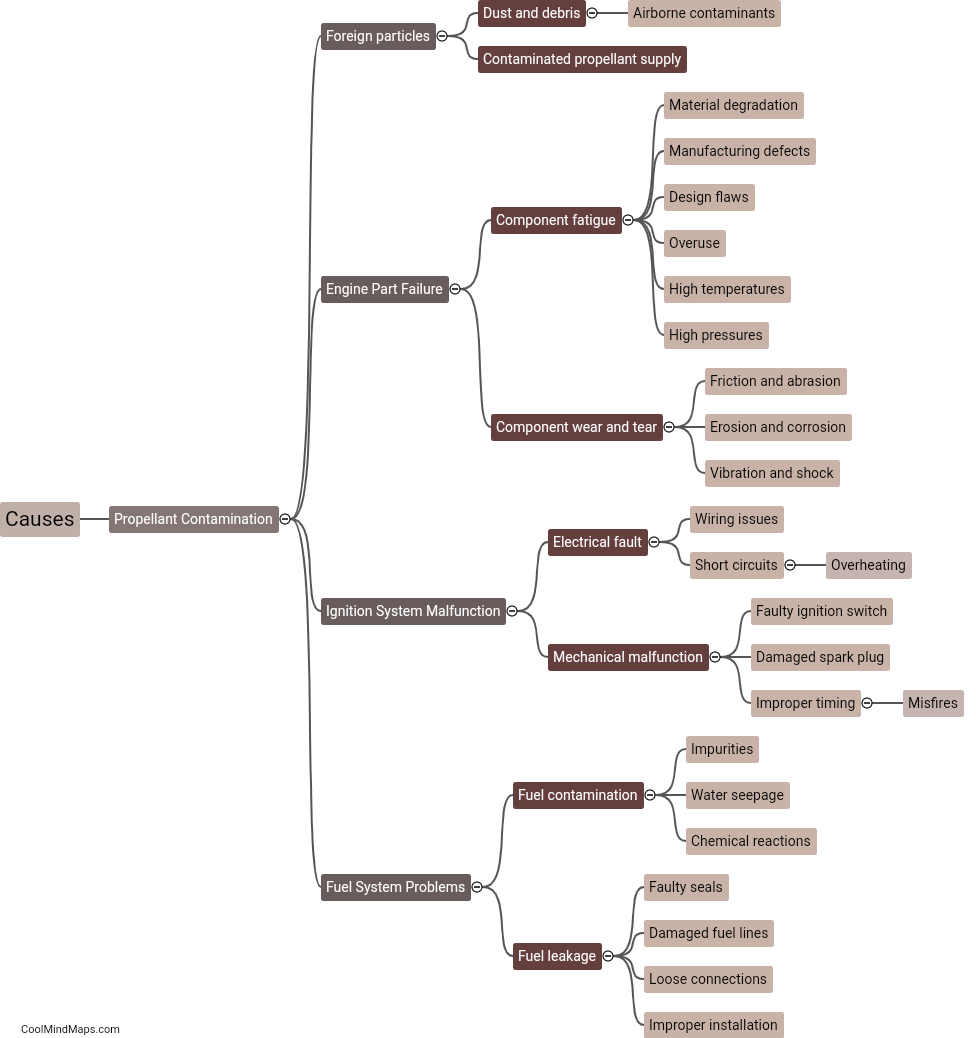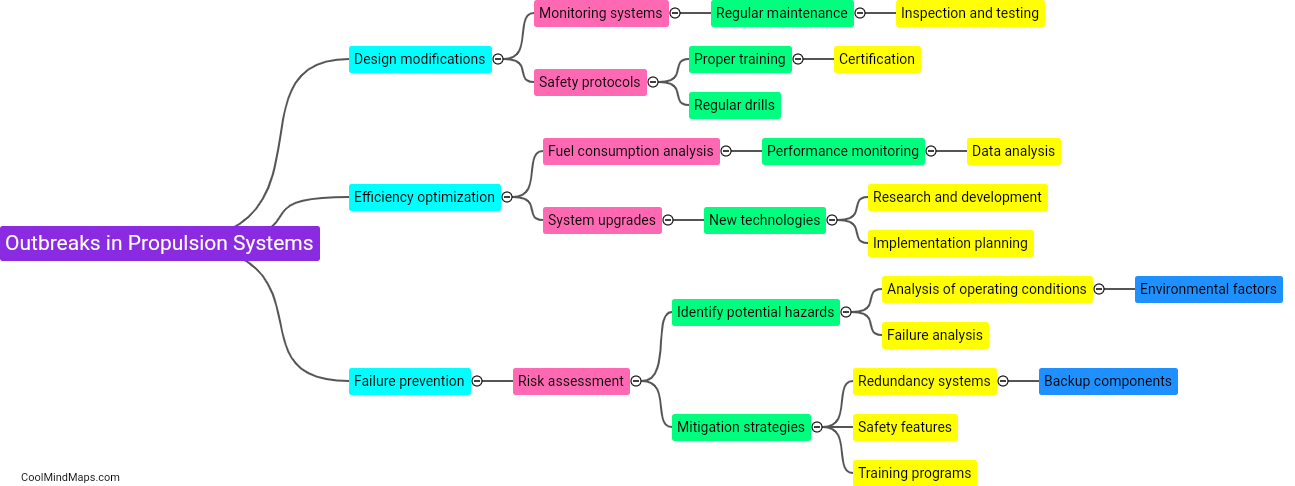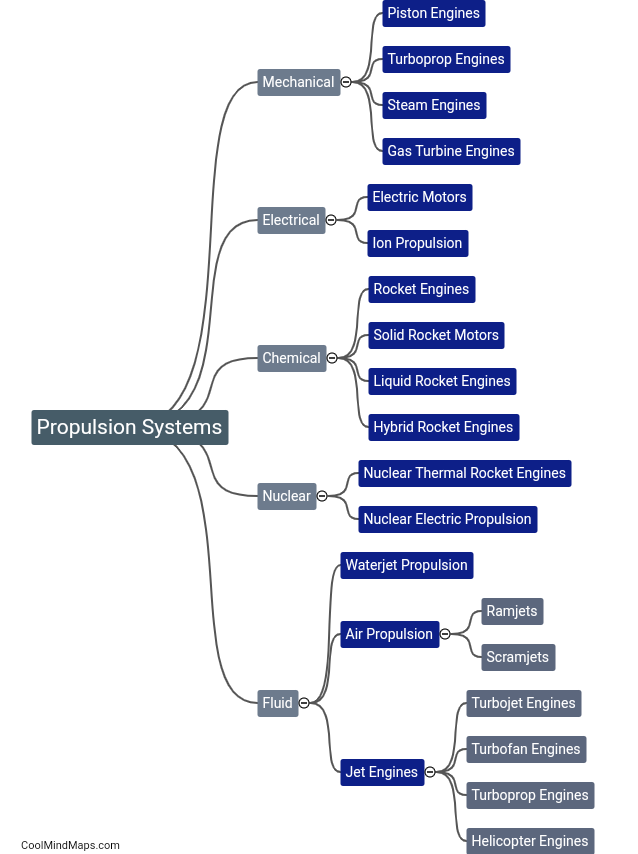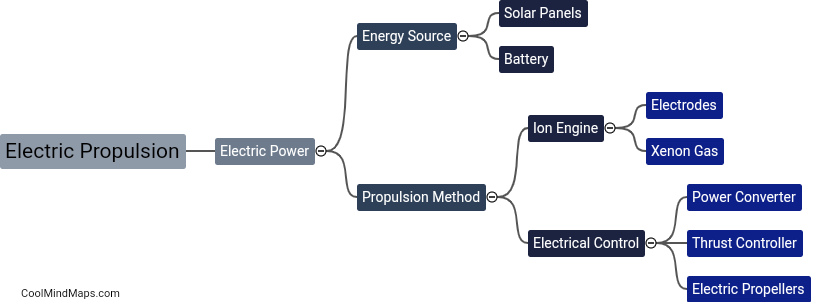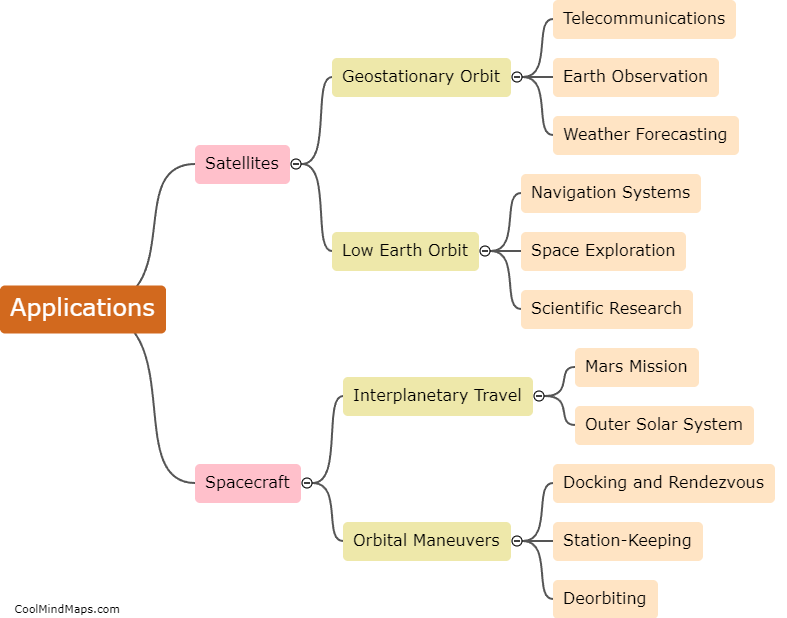What are the advantages and disadvantages of electric propulsion systems?
Electric propulsion systems have numerous advantages over traditional combustion engines. Firstly, they are more efficient, converting a higher percentage of energy into motion and reducing energy waste. Electric propulsion also produces zero emissions, making it an eco-friendly choice that helps combat air pollution and reduce carbon footprint. Furthermore, electric motors provide instant torque, resulting in faster acceleration and a smoother driving experience. On the other hand, electric propulsion systems do have some drawbacks. One major disadvantage is limited range compared to combustion engines, requiring frequent recharging or access to charging infrastructure. Additionally, the production and disposal of batteries can have a significant environmental impact. This, coupled with the high initial cost of electric vehicles, can deter some potential buyers. Finally, the availability of charging stations can be limited, causing inconvenience and range anxiety for electric vehicle owners. Overall, while electric propulsion systems offer remarkable benefits, they still face certain challenges that require further advancements and infrastructure development to fully unlock their potential.
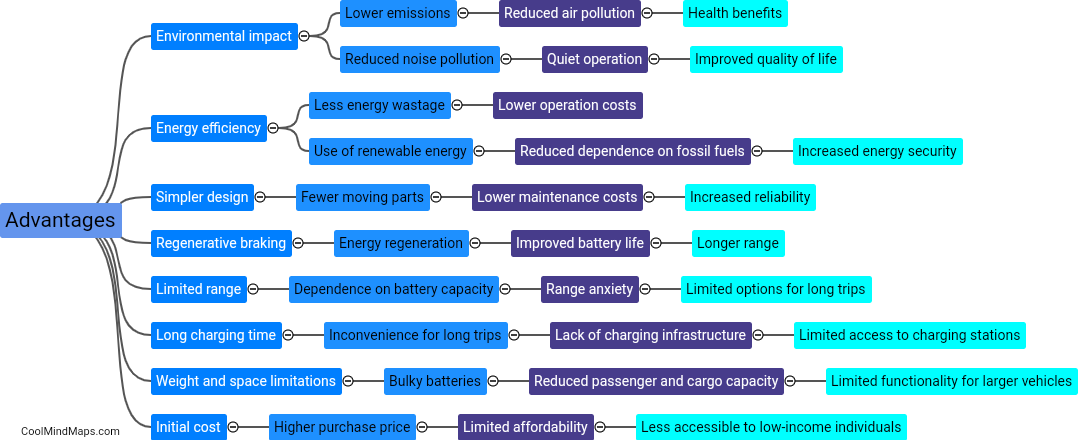
This mind map was published on 21 July 2023 and has been viewed 289 times.
